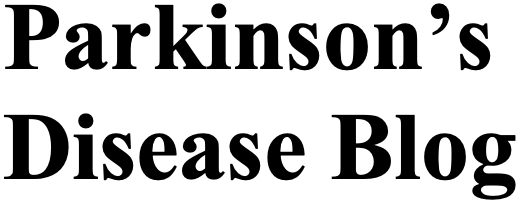Parkinson's disease and alcohol
3/18/2024, 5 mins reading
Is alcohol beneficent to Parkinson’s disease patients, or it works opposite , or neither?
The short answer is: It has yet to be confirmed.
The overall effect of alcohol on Parkinson’s disease risk is still debatable and more studies are needed to draw any conclusive findings.
Alcohol and PD risk
The association between alcohol consumption and PD risk has been an subject of study for decades, however, whether or not there is a correlation between them still remains to be proven.
For instance, a review conducted by a Chinese group has found recently that overall the consumption of alcohol is inversely correlated with the risk of Parkinson’s disease. The correlation appears with a U-shaped association, which indicates that the inverse correlation exists only under a certain amount of alcohol consumption(26–35 g/day). Any further decrease of Parkinson’s disease risk isn’t observed beyond that amount of alcohol consumption. This finding echoes the one from another study conducted by the group from France that a light to moderate amount of alcohol consumption will reduce the risk of Parkinson’s disease, and heavy drinking will be harmful or even fatal. Another finding from this review is that the correlation between alcohol consumption and Parkinson’s disease varies among geography. For example, European regions are bearing the highest correlation followed by America, and Asia.
Nonetheless, another study conducted in a larger European population has found no association between baseline and lifetime alcohol consumption and Parkinson’s disease risk, neither in between types of alcoholic beverages.
A variety of causes can be attributed to the inconclusiveness according to Silvana S. Bettiola in the review, such as selection, recall bias, and residual confounding, however, it is reasonable at this point to not make any recommendations soon.
Alcohol and PD symptoms
Both alcohol and Parkinson’s disease have impacts on the brain, therefore, it is reasonable to presume that drinking alcohol would be placing an extra burden on the brain and be worsening Parkinson’s disease symptoms. There are several ways that alcohol consumption can worsen Parkinson’s disease symptoms:
Alcohol can alter the dopamine level in the brain, therefore it aggravates motor symptoms like tremors and rigidity in PD patients
Alcohol consumption can also cause dehydration.
One of the critical issues after alcohol consumption is drowsiness or dizziness. Drowsiness and dizziness would affect PD patients’ balance and coordination, which often could lead PD patients to fall and cause fatal events.
Alcohol is also able to cause sleeping problems. For those PD patients with Sleeping disorders like rapid eye movement, drinking alcohol would exacerbate sleeping symptoms.
Depression, anxiety, and other mental issues often occur in PD patients as non-motor symptoms. It is well known that drinking will cause mental issues and would worsen non-motor symptoms in PD patients.
In summary
Although it remains to be proven when it comes to the association between alcohol consumption and Parkinson’s disease risk, alcohol consumption has the capacity of worsening Parkinson’s disease symptoms, therefore offset the effect of treatment. From this perspective, alcohol drinking is not recommended for PD patients.
